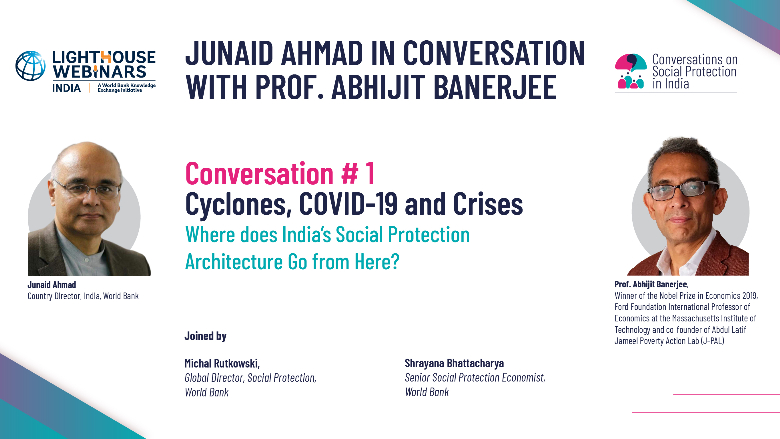As India enters a critical phase of its fight against the COVID-19 pandemic, the need for a decentralized, portable, dynamic and coordinated social protection architecture has become an urgent priority. During times of crisis, the poor and vulnerable must be able to fall back upon robust and reliable safety nets. These safety nets are critical not only to buffer impacts from COVID-19, but also to help households tackle future shocks. There are several challenging institutional dimensions and design principles related to building such an architecture.
While India’s social protection eco-system has strong anti-poverty programs in rural areas, portable social insurance and income support for the large urban unorganized sector are not sufficiently integrated and need bolstering. Strengthening social protection in India will require rethinking centre-state relations in the context of centrally-sponsored schemes, triggering disaster responsive social protection systems, building inclusive and citizen-friendly technology-enabled platforms for dynamic targeting and delivery of cash, fostering the design of unemployment-support and incentivizing an increased take-up of insurance benefits.

